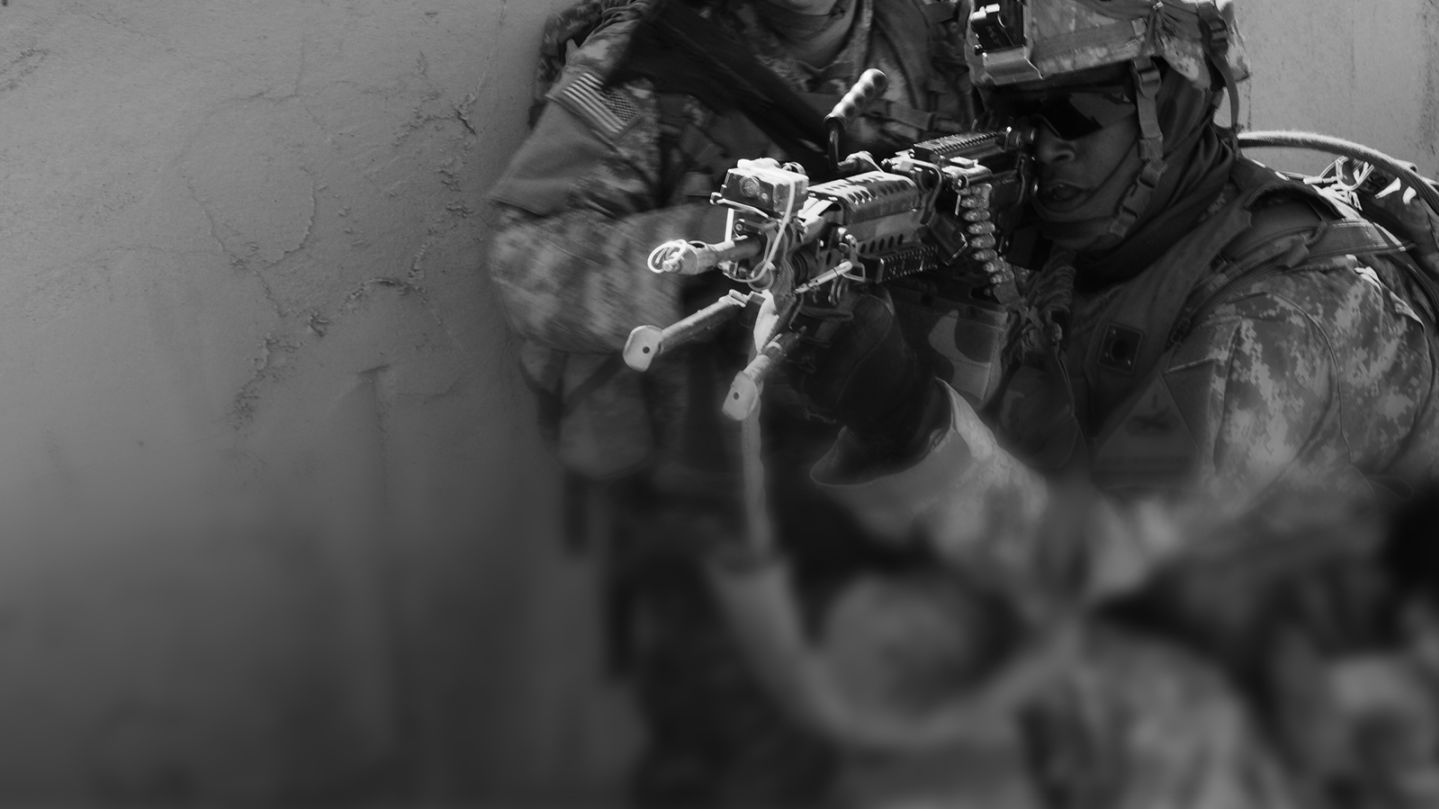Story highlights
NEW: Anti-ISIS coalition spokesman says it's "unauthorized and inappropriate" for U.S. forces to wear YPG patches
A news agency published photos it says are of U.S. special operations forces operating near the front lines north of Raqaa
The Pentagon has pushed back on assertions that U.S. special operations forces were fighting ISIS fighters on the front lines alongside the Syrian forces they are advising.
Agence France-Presse published photos Thursday that the news agency says are U.S. special operations forces operating near the front lines north of Raqaa, ISIS’s self-declared capital, as they conduct their advise-and-assist mission of the Syrian Democratic Forces, or SDF, that the United States is assisting in the battle to defeat ISIS.
“Our forces in Iraq and Syria, their instructions, their mission, is clear that they are not at that leading edge,” Pentagon press secretary Peter Cook told reporters Thursday. “They’re able to defend themselves, but they have to be in a position to be able to provide the kind of advice and assistance needed to help these forces, these local forces, succeed.”
Since the beginning of U.S. military involvement in Iraq and Syria against ISIS, U.S. officials have maintained that U.S. forces on the ground are only there to advise and assist local forces in their fight against ISIS, and are prohibited under the rules of engagement to conduct offensive military operations against ISIS.
Despite the apparent closeness to kinetic action in the photos, Pentagon officials maintain that rule of engagement holds true in Syria, even though there is no fixed position inside Syria from where U.S. forces cannot move forward from.

“This is a fluid situation where the forward line of troops can be moving,” Cook said without ever explicitly confirming the authenticity of the photos or their location to preserve operational security for the U.S. forces. “And so they’re doing their best to adjust to the circumstances on the ground, carrying out their mission in an effective way as possible.”
U.S. forces in Iraq and Syria do reserve the right to use their weapons for their personal defense or greater force protection reasons.
Questions regarding the photos were also raised due to the fact that the U.S. special operations forces appear to be wearing the insignia of the YPG, the main Kurdish force inside Syria, the optics of which could present all sorts of difficulties in a multiethnic region riven with sectarian tensions.
While refusing to comment specifically on the photos themselves, Cook said in the past, U.S. forces in similar situations have taken various measures to draw attention away from their presence in hostile environments.
“Special operations forces, when they operate in certain areas, do what they can to, if you will, blend in with the community to enhance their own protection, their own security,” he said.
Col. Steve Warren, spokesman for the anti-ISIS coalition, told reporters Friday that it was “unauthorized and inappropriate” for U.S. forces to wear YPG patches.
“Corrective action has been taken,” Warren said. Asked about Turkey’s concerns about the incident, Warren said that the coalition has “communicated to our allies” that the action has been taken.







